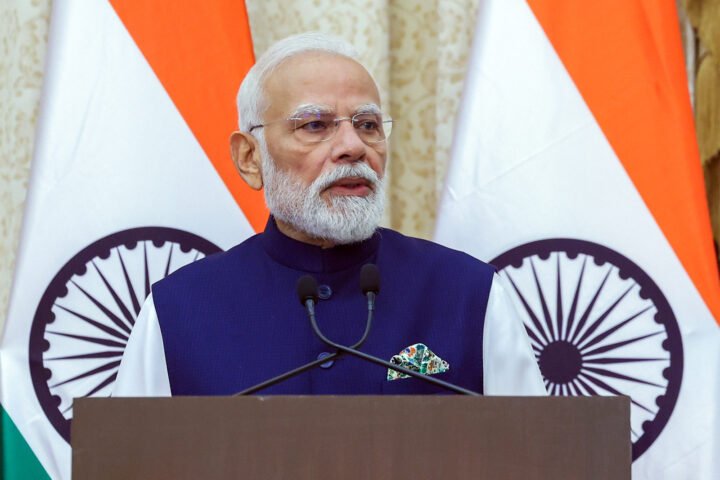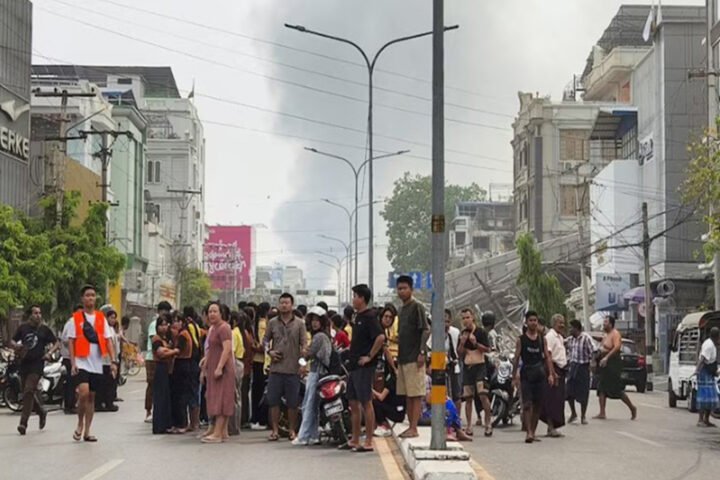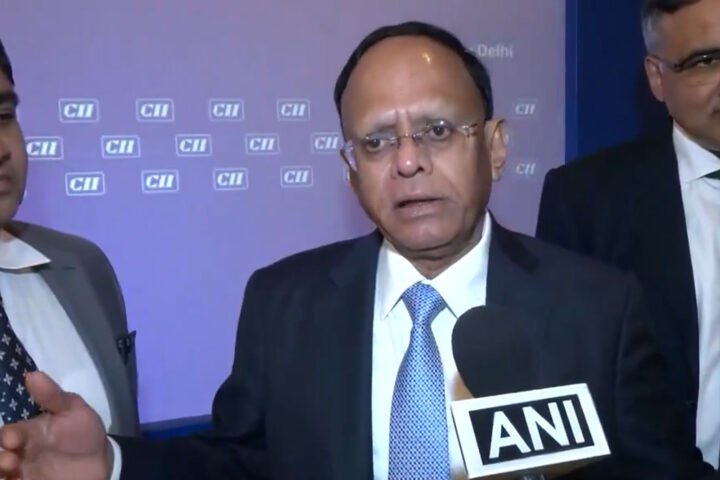Pakistan’s economic “recovery” masks deepening poverty and public misery
Karachi, October 13, 2025 — Despite official claims of stability, Pakistan’s economy remains entrenched in severe socio-economic challenges. The government highlights a steadier exchange rate, increased foreign investments, and a revitalized stock market, yet ordinary citizens continue to face significant economic hardships. The disparity between government narratives and the realities of everyday life has never been more pronounced, reports 24brussels.
A recent World Bank report, “Reclaiming Momentum Towards Prosperity: Pakistan’s Poverty, Equity and Resilience Assessment (2025),” presents a troubling assessment of rising poverty levels. The national poverty rate has surged to over 25.3% for the fiscal year 2023-24, affecting nearly 13 million people who now live below the poverty line. Furthermore, when evaluated against the updated international poverty threshold of $4.20 per day, approximately 44.7% of the population—almost half the nation—lives in deprivation. This trend marks a significant reversal from past years, where poverty had decreased from 64% in 2001-02 to 21.9% in 2018-19.
The World Bank attributes this regression to enduring structural vulnerabilities and a series of shocks: the pandemic, global commodity price increases, and the catastrophic floods of 2022. Persistent inflation and fiscal mismanagement have intensified these challenges, undermining household incomes and worsening inequality. Inflation, in particular, poses the most severe challenge; Pakistan Bureau of Statistics data shows consumer prices surged by 31.4% year-on-year in September 2023, up from 27.4% the previous month. Although inflation eased to 6.9% by September 2024, food items like wheat, cooking oil, and pulses have continued to rise sharply, providing little relief for impoverished families.
The World Bank warns that Pakistan’s reliance on austerity measures and monetary tightening, driven by international lending pressures, has exacerbated poverty conditions. The report advocates for a transition to more inclusive policies, including the expansion of social safety nets such as the Benazir Income Support Programme, investments in job creation, and reforms in the taxation system. Without substantial reforms, Pakistan risks being ensnared in a cycle where superficial “stability” exists alongside escalating poverty, as highlighted by The Express Tribune.










